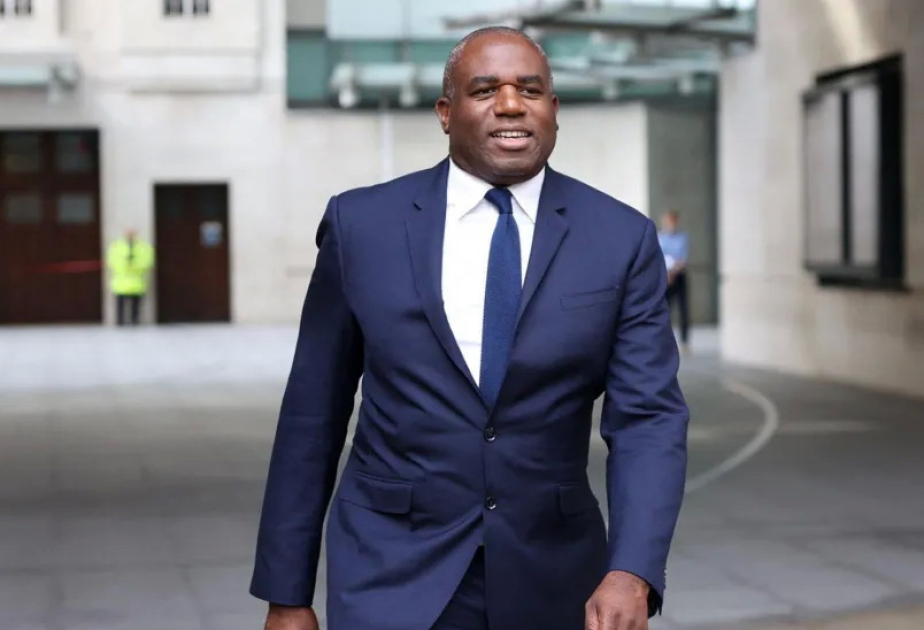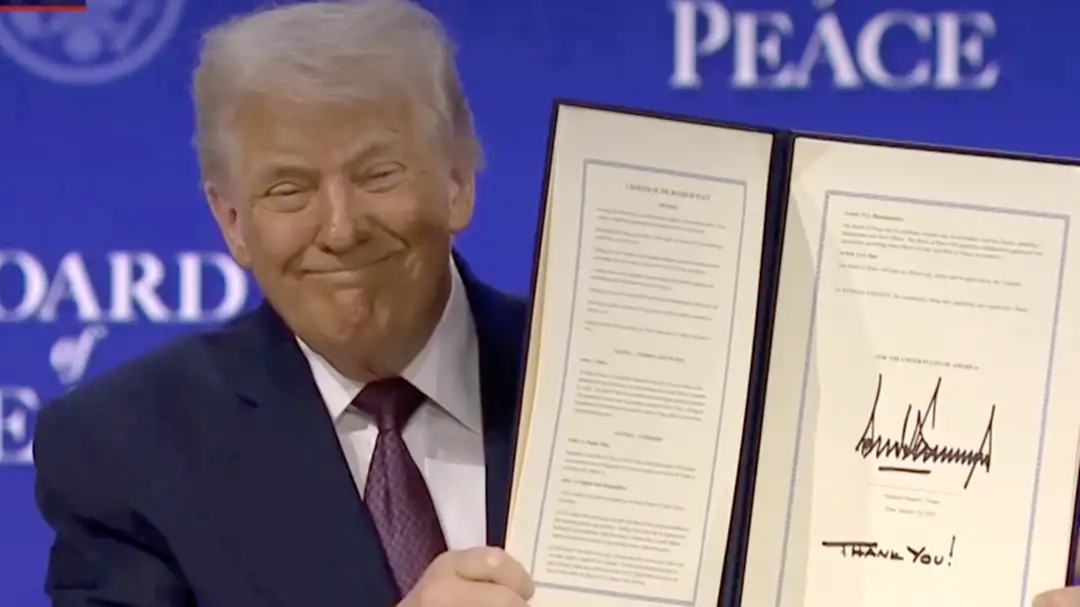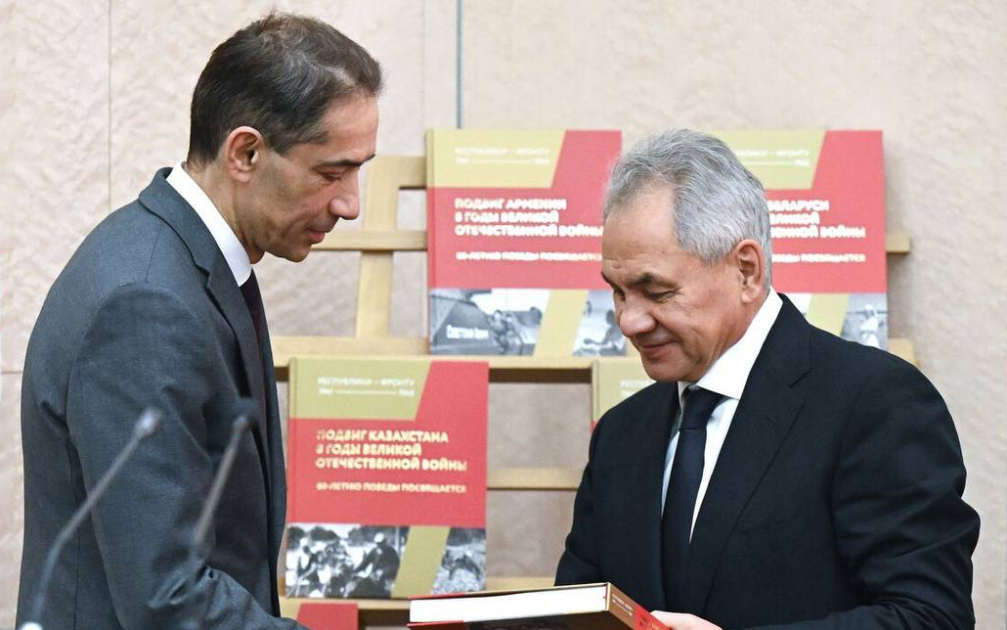The foreign secretary has said climate change is a more pervasive and fundamental threat than terrorism, BBC reports.
In his maiden speech, 100 days after taking office, David Lammy said the climate issue, along with a decline in nature, would be "central to all the Foreign Office does".
He also announced the government would launch a global initiative to accelerate the rollout of clean energy.
But Lammy warned the UK's previous funding commitments on the issue would have to be reviewed given the "dire" state of the country's finances.
The foreign secretary made clear the government considered action on climate change and nature the focus of every department.
"The threat may not feel as urgent as a terrorist or an imperialist autocrat. But it is more fundamental. It is systemic, it's pervasive and accelerating towards us at pace," he said.
He also said: "While I am foreign secretary, action on the climate and nature crisis will be central to all the Foreign Office does. This is critical given the scale of the threat, but also the scale of the opportunity."
As evidence of that united front, Ed Miliband, the new energy secretary, echoed the same sentiments in his first major public speech on Tuesday morning, at an Energy UK event.
Both were keen to emphasise that action on this issue would bring benefits to the British people, not just costs - as conservative MPs and unions have previously warned.
"We know we can only deliver energy security, lower bills and good jobs for today’s generations if we become a clean energy superpower," Miliband said.
He blamed the recent hike in energy prices on the UK's reliance on oil and gas.
"The central lesson of the crisis for Britain is that we paid a heavy price because of our exposure to fossil fuels. The government’s view is we cannot go on like this," Miliband said.
Lammy made his speech at Kew Gardens, in the nation's capital, but it was clear he wanted to send a message not just to a national audience, but to a global one, that the UK would be leading on climate action internationally.
"This domestic programme is not just essential to our economy but to restoring our international credibility... we are ending our diplomacy of 'do as I say, not as I do'," he said.
He said he wanted the UK to help developing nations in their rollout of renewable energy, and support regions, such as the Caribbean, in recovering from the impacts of climate events.
In this vein, he announced the government would create two new special representatives for climate and nature who would provide advice and support to the government. And it would establish a global clean power alliance, in which the country could share experience and expertise from its own transition away from fossil fuels.
The move has been welcomed by international environmental groups and aid agencies.
Lammy's speech did end with a warning though - that despite the government's commitments to the issue, this may not extend to financing it.
He would not guarantee the previous Conservative government pledge to provide £11.6bn to developing countries to respond and recover from climate change.
This is despite the energy secretary promising to keep the pledge in July at a meeting of international climate ministers.
The foreign secretary said that his current focus was "on how we can actually deliver that promise given the dire financial inheritance from the last government".
Rebecca Newsom, head of politics at Greenpeace UK, said the government must remain committed to its international pledges.
"To avoid perpetuating existing injustice and inequality, countries least responsible for causing the climate crisis and most vulnerable to its impacts must be supported with extra public finance from developed countries," she said.
















